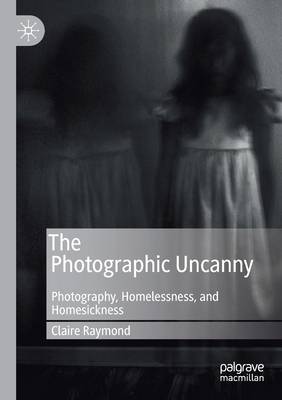
- Retrait gratuit dans votre magasin Club
- 7.000.000 titres dans notre catalogue
- Payer en toute sécurité
- Toujours un magasin près de chez vous
- Retrait gratuit dans votre magasin Club
- 7.000.0000 titres dans notre catalogue
- Payer en toute sécurité
- Toujours un magasin près de chez vous
The Photographic Uncanny
Photography, Homelessness, and Homesickness
Claire RaymondDescription
This book argues for a renewed understanding of the fundamentally uncanny quality of the medium of photography. It especially makes the case for the capacity of certain photographs--precisely through their uncanniness--to contest structures of political and social dominance. The uncanny as a quality that unsettles the perception of home emerges as a symptom of modern and contemporary society and also as an aesthetic apparatus by which some key photographs critique the hegemony of capitalist and industrialist domains. The book's historical scope is large, beginning with William Henry Fox Talbot and closing with contemporary indigenous photographer Bear Allison and contemporary African American photographer Devin Allen. Through close readings, exegesis, of individual photographs and careful deployment of contemporary political and aesthetic theory, The Photographic Uncanny argues for a re-envisioning of the political capacity of photography to expose the haunted, homeless, condition of modernity.
Spécifications
Parties prenantes
- Auteur(s) :
- Editeur:
Contenu
- Nombre de pages :
- 326
- Langue:
- Anglais
Caractéristiques
- EAN:
- 9783030284992
- Date de parution :
- 13-12-20
- Format:
- Livre broché
- Format numérique:
- Trade paperback (VS)
- Dimensions :
- 148 mm x 210 mm
- Poids :
- 408 g

Les avis
Nous publions uniquement les avis qui respectent les conditions requises. Consultez nos conditions pour les avis.






